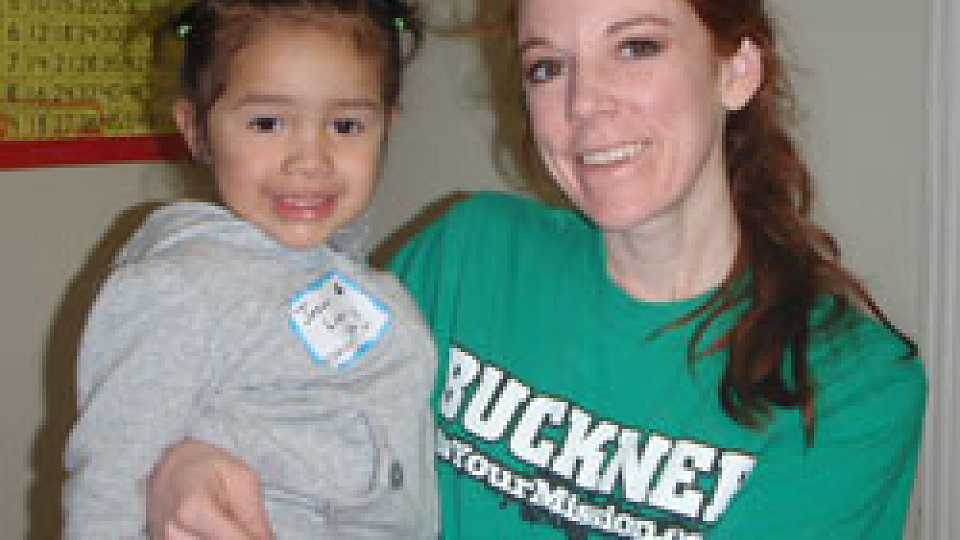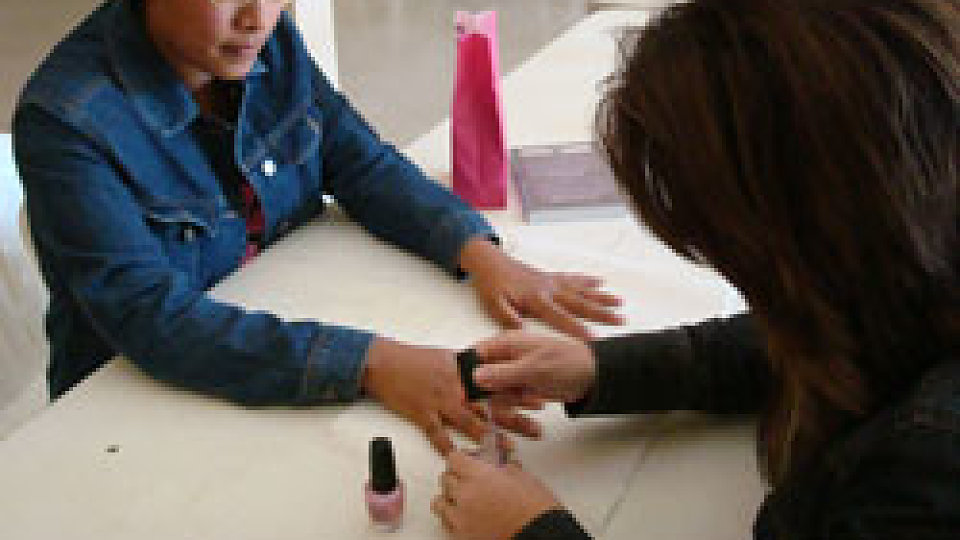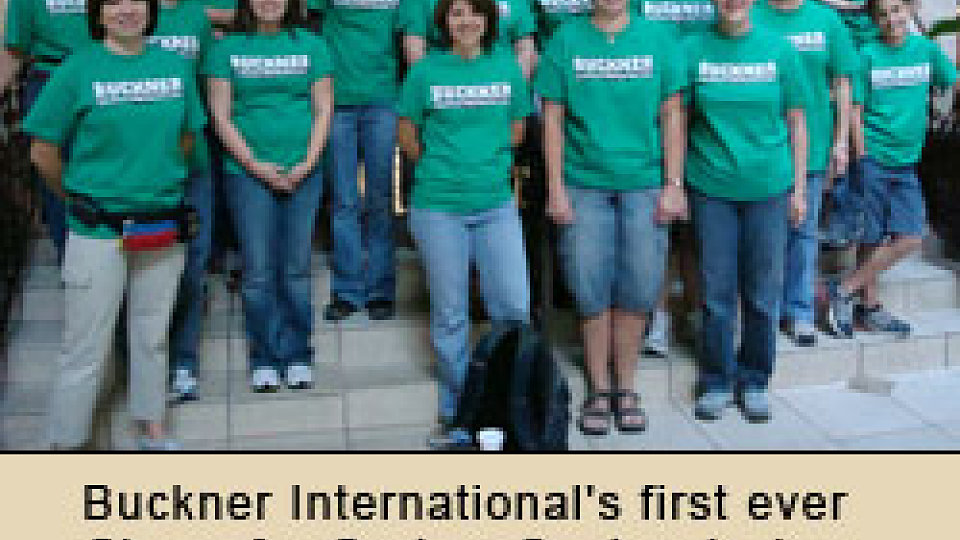To Serve the Poor
By Ashley Green
Buckner Shoes for Orphan Souls Trip Participant
(El Paso, TEXAS) — We were in border towns, known locally as colonias, meaning poor neighborhoods. Poor. A colonia begins as nearly nothing. Homes are made of wooden palettes and cardboard. Again, no exaggeration.
The people construct their homes from anything they can find and slowly build them. The two colonias we visited were old, so we saw more RVs with rooms built onto them, protruding to the side. But the RVs looked as if they might fall apart at any moment.
Many had old tires on the roof, which were full of water and attracted mosquitoes, but they are a necessity to keep the roof from blowing off. Jorge Zapata, Buckner Border Ministries director, said that people in the colonias would most likely never leave. They would continue to keep building add-ons to what they had.
We drove around the Sparks colonia on Friday. I took two or three pictures, but that was all I could stand. It felt a little sickening to take pictures of their poverty to show everyone back home. No electricity. No water for some. We saw several outhouses on the properties. There is a recently-passed law that mandates that any person receiving electricity must also acquire running water as well. That's good right? Yes, but that means purchasing a septic tank, which costs between $1,100 - $3,000. Most of these families make a minimum of $7,000 annually. So they go without either.
Some residents, like an elderly woman whom we were told about, work hard and save to pay off the land they live on, so they can finally call it their own. When she went to make her final payment and requested the title to the land, she was informed that the land had already been sold to someone else. The land owners (dueños) will sell the land to two or three different people. The first buyer might not make the payments and then disappear, so he sells it again, etc.
You may say—they came to America, they can work. Yes, they can. But the border town areas have some of the lowest-paying jobs and lowest wages in the United States.
Without getting into all of the political issues and controversies that are tied to this area and what is going on there and before you may begin a list of “buts,”— but they can work, but they should abstain if they are living in poverty, but they should strive for a better life—think of it this way: It was worse for them in Mexico.
I was very blessed to be able to go and feel very fortunate to have had the opportunity.
The trip was wonderful. It wasn’t long enough in some respects. It opened my eyes. It lit several fires. It showed me ugliness. I saw a beautiful culture and people who are so easy to fall in love with. I saw God working. I was challenged.
We all need to do something. We all need to go somewhere. There is work to be done. There are things to be given of ourselves. There are children to adopt.
———————————————
Buckner is now accepting story submissions for Buckner eNews Now and the Buckner Web site from people who have participated on mission trips or local volunteering.
Send your story in a Microsoft Word document to news@buckner.org. Include your name, city and state in the subject line along with the title of your submissions. Stories should be no longer than 1200 words. (ex. Your Perspective – John Doe, Houston, TX)
Send any photos as jpegs. We can accept anything up to 10 MB in one email.








Add a Comment